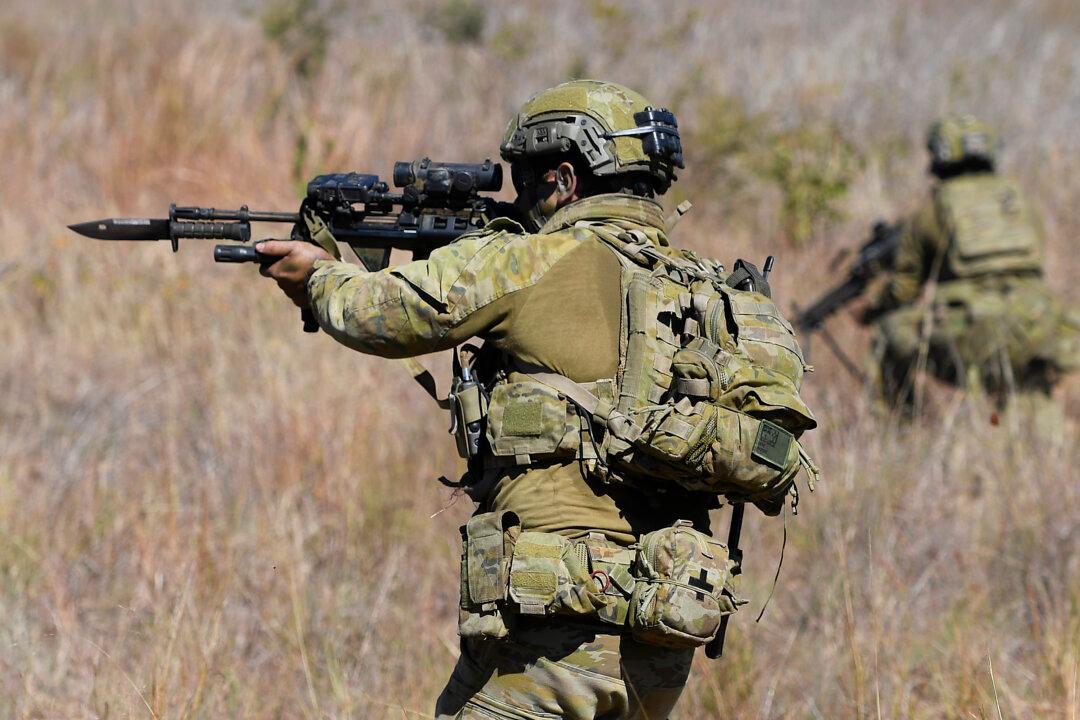The exemption timeframe for Australian defence personnel who intend to work for a foreign entity could vary depending on the type of job and knowledge they possess during their military service, according to the Defence Department.
During a Senate Committee hearing on Feb. 22, representatives from the Defence Department provided details about how long former defence personnel need to wait after retiring to obtain authorisation to work for an overseas employer under the military secrets bill.





